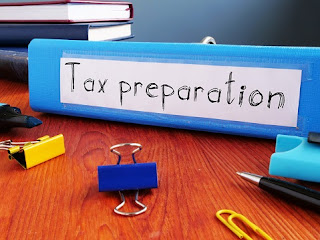Finances for the Freelancer
Freelancer Finance Although financial planning and budgeting are excellent ideas, how do you plan or budget when you don’t know what your income will be each month? There are months when you don't make much money. Then, there are the months where you have a lot of money and then you get into financial trouble.
Although it's difficult, there are solutions that will help you to stabilize your finances.
It is important to find out what it costs each month to live. Add all of your expenses, including food, gas, rent, mortgage payment, utilities and car payments. You should also remember to pay your car registrations and license renewals, as well as birthday, holiday, and gift cards and Lotto tickets. It's a good idea to keep a small notebook with you for a few months so you can track everything. You should set aside a certain amount of entertainment. If you make it so strict that you don't have fun, you won't be able to enjoy your life.
Once you have determined how much it will cost you to live each month you can start living on that amount. You can open bank accounts for each category, such as monthly, weekly, and annual expenses. Then deposit the amount you need each month into the appropriate accounts when it comes in. You can actually separate your monthly and daily expenses. If you are sure you have enough money for rent, heat, etc. and you want to buy a pair or book, you can check your daily expenses account. You should never raid your monthly expenses account.
You can save the extra money for when you are earning more than you need based on your budget. You shouldn't spend the extra money on luxury items until you have a good financial cushion.
According to the conventional wisdom, credit card debt should be paid off before you can start saving money. This sounds good on paper. You'll save much more interest if your credit card debt is paid off than you would if you had a traditional savings account. However, you must consider your personal financial situation and human nature. A month or so of living expenses in your bank can help calm you down and prevent you from having to charge more on your credit card.
This is a great approach: Stop charging credit cards. Don't charge credit cards unless you have an emergency that you cannot pay in another way. If you are barefoot, those kicky shoes don't make sense. Spend cash or don't purchase anything. You should save enough money to cover your living expenses for one to two months. Then, you can start to pay down your credit cards by getting rid of the highest interest rate balance first. There is one exception: If you have several cards with large balances, but only one or two that are less than $100, you may be able to pay off the smaller ones in one lump sum. You'll feel a lot better if you can get rid of just one credit card balance. The extra interest you pay for delaying the payment on high balance cards is well worth it. After you have paid off each credit card, do not use the account. This will increase your debt-to-credit ratio.
Finally, taxes. The freelancers are really hit hard. They have to pay both regular income taxes and self-employment taxes. This includes their share and that of the employer's social security and Medicare taxes. The self-employment tax currently stands at 15.3 percent. It is best to keep 20-25 percent of your income in a tax account, and then pay your quarterly estimated taxes. However, this may not work for you initially.
You should claim all business expenses that you are entitled to. Your self-employment taxes are based on net profit after expenses. The more you can reduce that profit figure, the lower your self-employment taxes will be.



Comments
Post a Comment